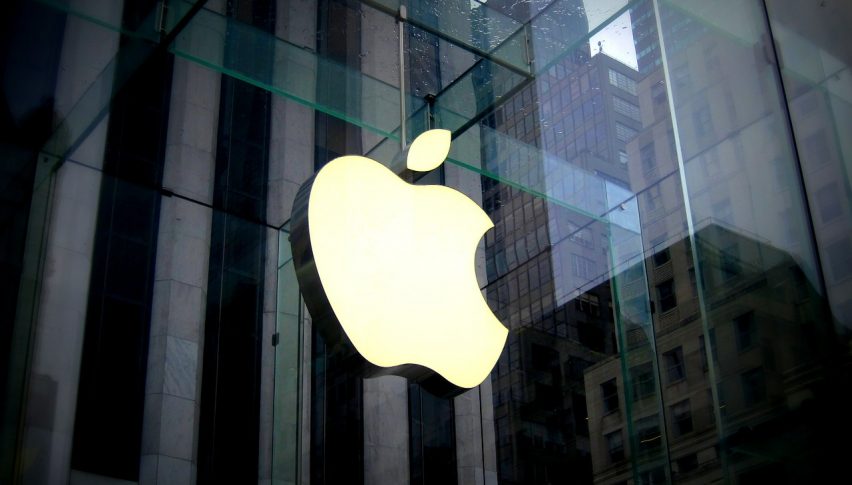US investment bank JPMorgan Chase & Co. (JPM) reported Friday a profit for the first quarter that grew six percent from last year, driven by double-digit net interest income growth and lower provisions for credit losses. Both adjusted earnings per share and revenues for the quarter topped analysts’ expectations.
Jamie Dimon, Chairman and CEO, commented: “This quarter, we grew customers, continued to position the Firm for the future, maintained our fortress principles, raised the dividend and played a critical role in driving economic growth by extending credit and raising capital totaling more than $655 billion.”
For the first quarter, net income increased to $13.42 billion or $4.44 per share from $12.62 billion or $4.10 per share in the prior-year quarter.
Excluding a $0.19 per share increase to the FDIC special assessment, adjusted net income for the quarter was $4.63 per share.
On average, 18 analysts polled by Thomson Reuters expected the company to report earnings of $3.82 per share for the quarter. Analysts’ estimates typically exclude special items.
Net income attributable to First Republic was $668 million. This reflected $1.3 billion of net interest income, $315 million of noninterest revenue, $806 million of noninterest expense and a net benefit to the provision for credit losses of $31 million.
The provision for credit losses was $1.88 billion, reflecting a net reserve release of $72 million and net charge-offs of $2.0 billion, down 17 percent from last year’s $2.28 billion.
Total net revenue on a reported basis was $41.93 billion. On a managed basis, net revenue was $42.55 billion, up 9 percent from $39.34 billion in the previous year. The Street expected revenues of $38.53 billion for the quarter.
Net interest income was $23.2 billion, up 11 percent or up 5 percent excluding First Republic, from last year. Net interest income excluding Markets was $23.6 billion, up 10 percent or up 4 percent excluding First Republic, driven by higher rates and higher revolving balances in Card Services, partially offset by lower deposit balances in CCB and deposit margin compression.
Non-interest revenue was $19.3 billion, up 5 percent or up 3 percent excluding First Republic, from last year, largely driven by higher asset management and Investment Banking fees, predominantly offset by lower CIB Markets noninterest revenue.
Noninterest expense was $22.8 billion, up 13 percent, or up 9 percent excluding First Republic, driven by higher compensation, including an increase in employees, and a $725 million increase to the FDIC special assessment.
Banking & Wealth Management net revenue was $10.32 billion, up 3 percent, or down 4 percent excluding First Republic, driven by lower net interest income, partially offset by higher asset management fees.
Card Services & Auto net revenue was $6.14 billion, up 8 percent, predominantly driven by higher Card Services net interest income on higher revolving balances, partially offset by lower auto operating lease income.
Banking revenue grew 6 percent to $4.48 billion, while Markets & Securities Services revenue decreased 2 percent to $9.15 billion from last year.
Commercial Banking net revenue increased 13 percent or up 3 percent excluding First Republic, to $3.95 billion from last year, driven by higher noninterest revenue due to payments fee growth, partially offset by higher deposit-related client credits.
Asset & Wealth Management net revenues improved 7 percent or down 1 percent excluding First Republic, to $5.11 billion from last year, driven by net investment valuation gains in the prior year, higher management fees on strong net inflows and higher average market levels, predominantly offset by lower net interest income.
“However, looking ahead, we remain alert to a number of significant uncertain forces. First, the global landscape is unsettling – terrible wars and violence continue to cause suffering, and geopolitical tensions are growing. Second, there seems to be a large number of persistent inflationary pressures, which may likely continue. And finally, we have never truly experienced the full effect of quantitative tightening on this scale,” Dimon added.
For more earnings news, earnings calendar, and earnings for stocks, visit rttnews.com















